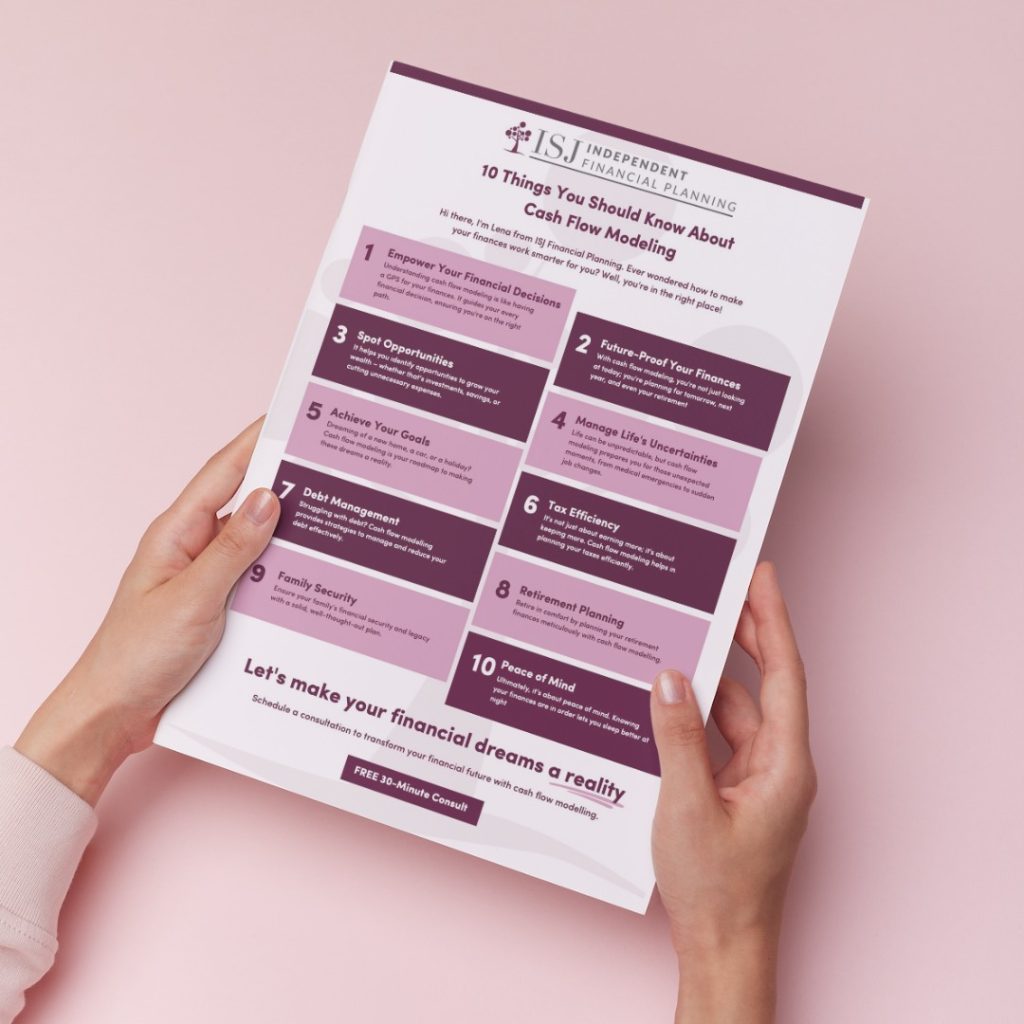It is a common belief that cohabitees don’t require a Will. Many of my clients believe that their “common law” marriage is akin to a legal marriage, meaning their partner will inherit everything. Unfortunately, this is not true.
What happens if you don’t have a Will?
If you die without a Will, you are said to die “intestate”. In this instance, the government decides, by way of a hierarchy, who inherits your money.
The first two “steps” in the hierarchy are your spouse, and then your children. Once you reach an entitled person, you do not carry down the line.
Cohabitees, partners, and even fiancées, do not feature in the hierarchy, and your estate instead passes to the Crown. This means that your partner can be left with nothing, and unable to stay in your home.
With a Will, your partner could inherit, and be left comfortable and secure.
[bctt tweet=”With a Will, your partner could inherit, and be left comfortable and secure” username=”ISJ_Financial”]
The intestacy provisions are especially important if you are married, but separated and living with a new partner. If you died, your legal spouse, and not your partner, would inherit your estate unless a Decree Absolute was granted during your life.
Inheritance Tax
When considering Inheritance Tax, it is important to note that married couples can share each other’s tax allowances, meaning that they may gift up to £900,000 (subject to their estate make-up) in tax year 2018/19 free of inheritance tax. Gifts to each other are tax free, regardless of value.
This is not the case for cohabitees.
Cohabitees will benefit from a tax allowance of up to £450,000 in tax year 2018/19. Any gift to each other in life or on death will be potentially taxable, and could consume any allowance they may have.
When you consider that Inheritance Tax is charged at 40%, it is obvious that cohabitees should consider tax planning options by taking professional advice.
Inheritance Tax is charged on all gifts made 7 years or less before your death and then on your remaining estate. Therefore, the earlier cohabitees are able to tax plan, the more options available to them, and the more effective the planning can be.
Joint Assets & Children
Joint assets pass outside of your estate, and pass to the surviving owner, regardless of your Will. If you are cohabiting, it is common to have joint assets, such as your home. Although this may sound an ideal situation, automatic passing means that there are no security provisions for your children.
A Will can secure your assets for your children, whilst providing a lifelong benefit for your partner. Here, your partner can continue to be comfortable, but your children will inherit your assets in the future. This cannot be overridden by your partner’s wishes, making it especially useful in second marriages.
This will not occur through the Intestacy provisions, and therefore a Will is crucial for this.
If you would like more advice on this matter, contact me on 01858 445 490, or ask Lena Patel for further details.
 Phoebe Tranter is a Trainee Solicitor in the Planning, Protection and Probate Department at Lawson-West Solicitors. She is knowledgeable and a clear communicator when dealing with client matters.
Phoebe Tranter is a Trainee Solicitor in the Planning, Protection and Probate Department at Lawson-West Solicitors. She is knowledgeable and a clear communicator when dealing with client matters.
Phoebe consistently receives glowing feedback from her clients who comment on her professionalism, patience, understanding and competency.
You can email Phoebe at ptranter@lawson-west.co.uk or call her on 0116 212 1000.






